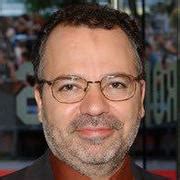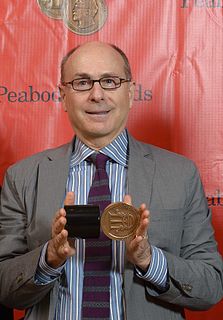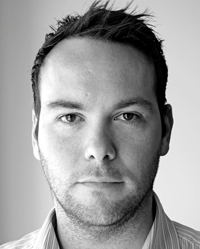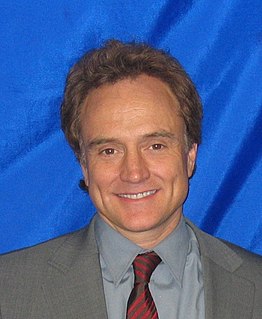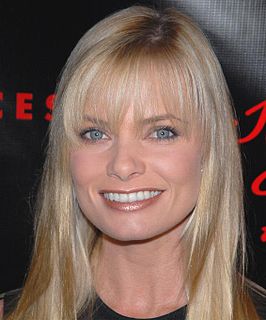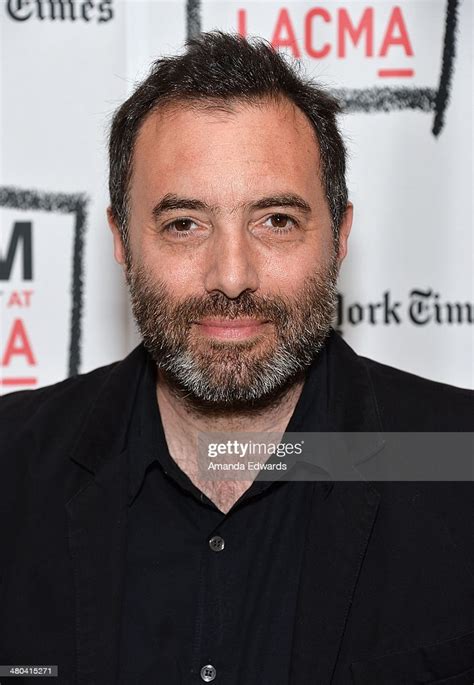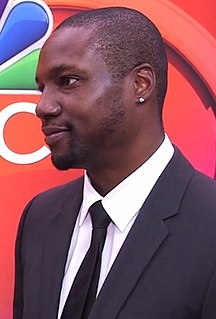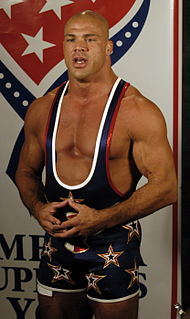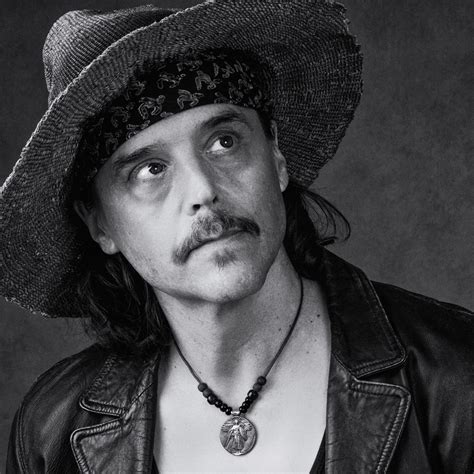A Quote by Jonathan Mostow
The nature of a movie story is you have to keep charging forward and keep the audience with the story.
Related Quotes
I'm really trying to just keep this internal, and be faithful to the story and the characters, and keep 99.9% of my brain there, serving the story. It's a great network. It's the golden network of cable, so it's totally an honor to be there and tell this story, but I try not to think about anything beyond that.
I wouldn't have thought that the techniques of story-telling, which is what the novel is after all, can vary much because there are two things involved.There's a story and there's a listener, whose attention you have to keep. Now the only way in which you can keep a reader's attention to a story is in his wanting to know what is going to happen next. This puts a fairly close restriction on the method you must use.
I don't beat at the details, but I do always keep in mind that anything that isn't A) moving the story forward or B) enlarging my understanding of the central characters has to be sacrificed. I have huge folders of details - research - with a story like Netherlands. Only a very small part of it gets used. The old iceberg analogy again.
I'd thought I'd constructed a really wonderful book, and the teacher told me that my story basically began on page fifty, and that I should throw out everything prior, or figure out a way to weave only the most important information back into the story, and keep the action moving forward. Wow. That was a really humbling experience. A real eye-opener. Made me realize there are so many aspects involved with telling a story.
